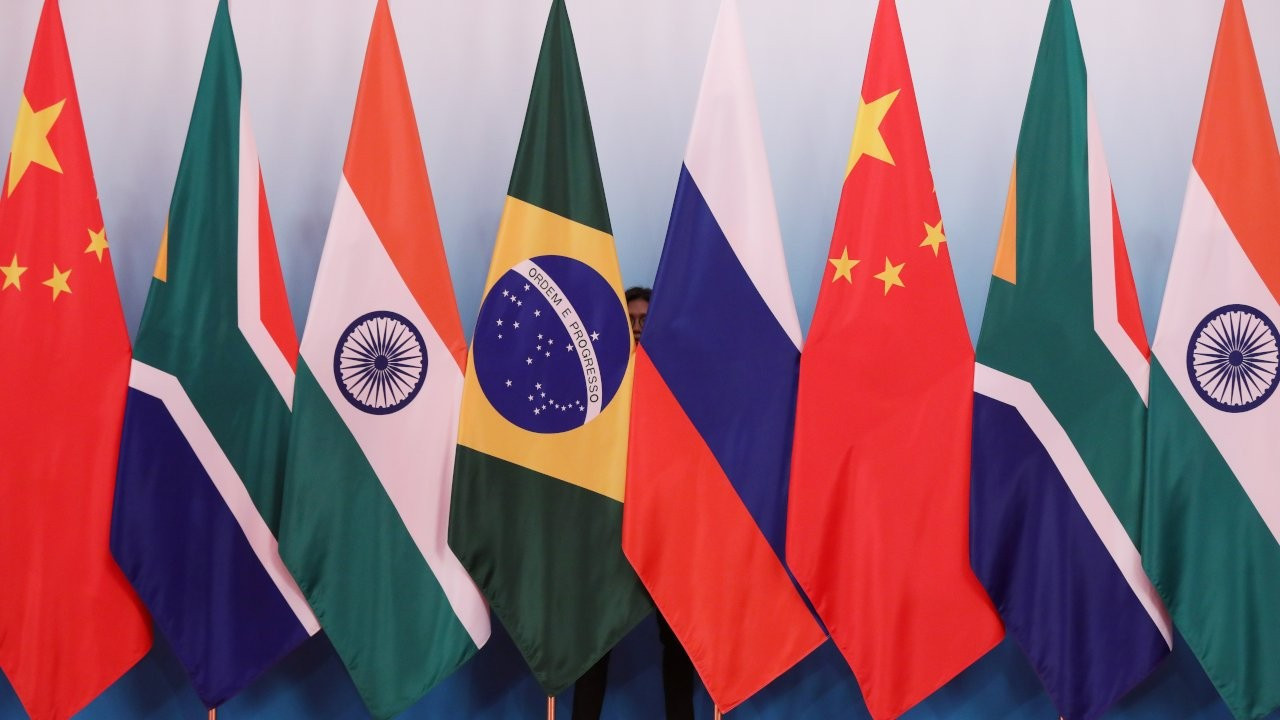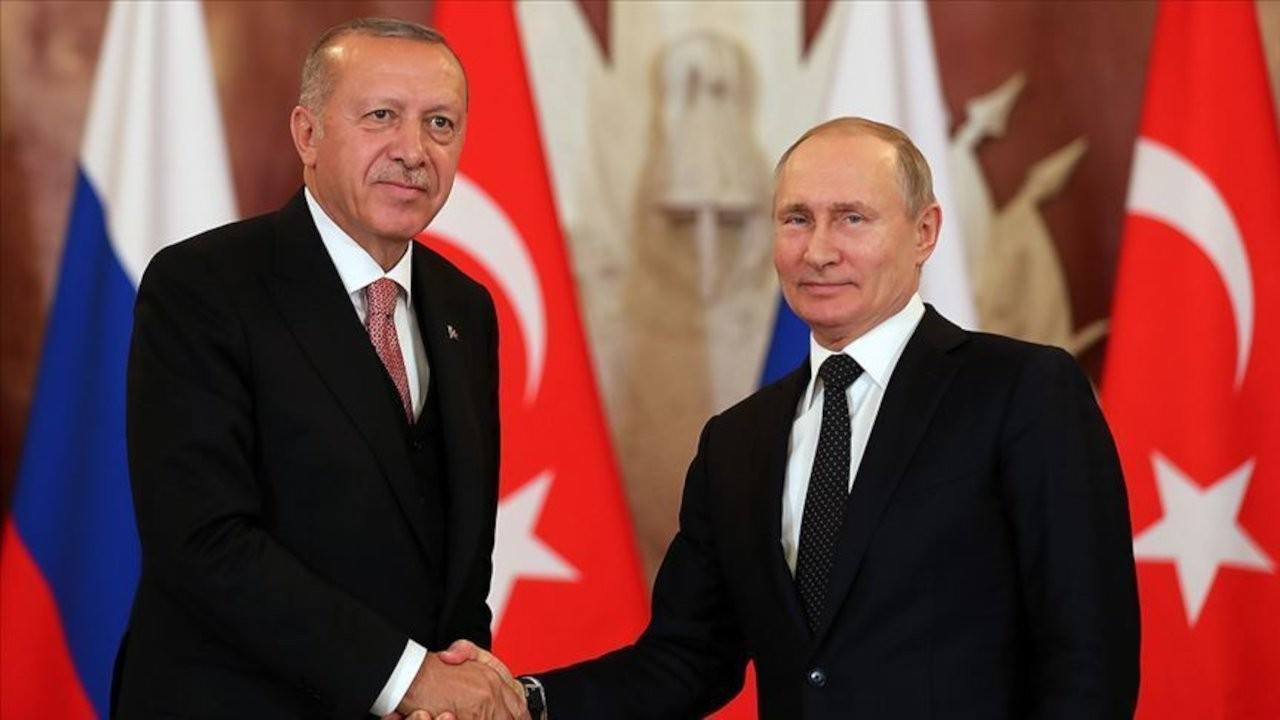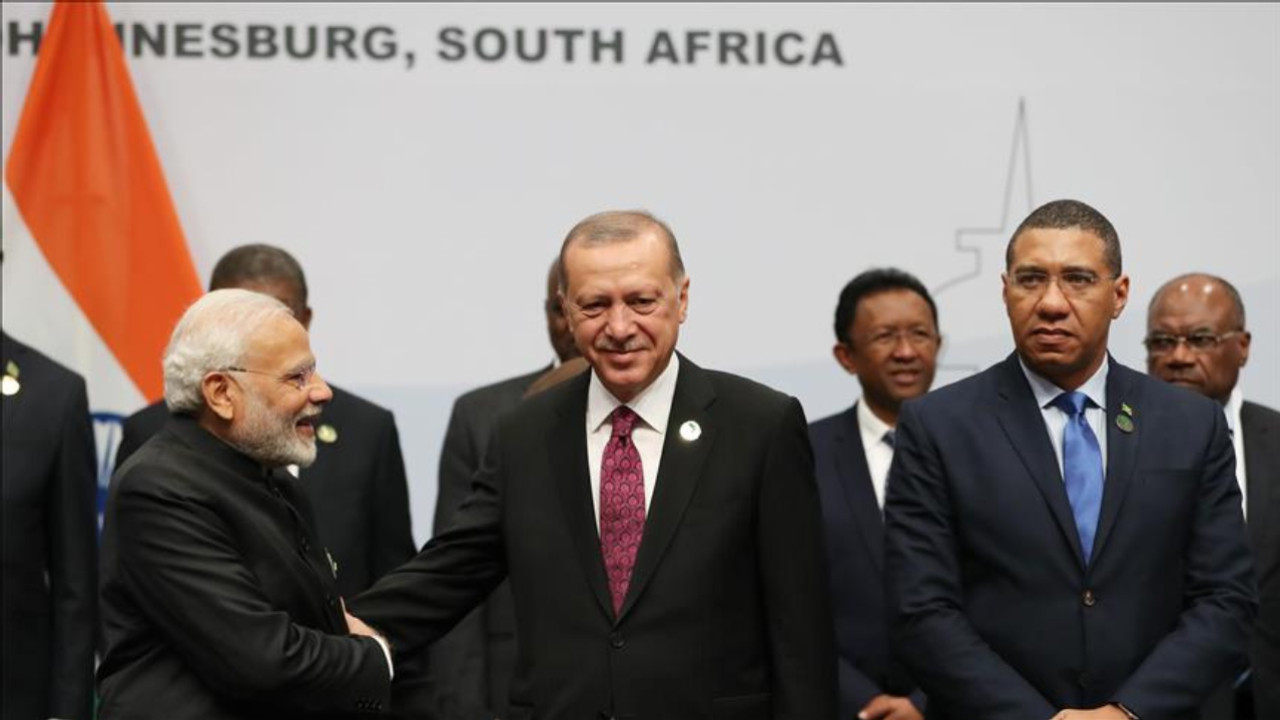Turkey’s BRICS bid falls through due to India's rejection
India has rejected Turkey's BRICS membership bid, citing the latter's close relationship with Pakistan. The bid fell through as no consensus was reached among members, and the group decided not to accept new members in the near future.
Duvar English
The German newspaper BILD on Oct. 24 reported that India rejected Turkey's BRICS membership bid, citing Ankara's close relations with Pakistan. As a result of India's decision, the required consensus was not reached.
The state and government leaders gathered for the BRICS summit decided not to accept new members for the time being, according to reporting by the online news outlet T24.
Iran, Egypt, Ethiopia, the United Arab Emirates, and Saudi Arabia were the most recent countries to join the BRICS bloc. Turkey, Azerbaijan, and Malaysia officially applied for membership. Experts indicated that there would not be any expansion within BRICS in the near future, citing the opposition of several countries to further enlargement as the reason.
On Sept. 2, Turkey officially applied to join BRICS. A report by U.S.-based news agency Bloomberg stated that Turkey sought to increase its global influence and build new connections beyond its traditional Western allies. Anonymous sources said the Erdoğan administration believed that the geopolitical center of gravity was shifting away from developed countries.
Erdoğan on Oct. 24 attended the 16th BRICS summit held in Russia’s Kazan province with Russian leader Putin’s invitation. He touched upon global events, Israel’s attacks on Palestine, and the recent gun attack in the Turkish capital that claimed five lives in his speech.
In 2006, Brazil, Russia, India, and China formed the "BRIC" group, aiming to give developing countries more influence in international affairs. The group took its name from the first letters of these countries in English. With the inclusion of South Africa in 2011, the group became "BRICS."
The purpose of BRICS is defined as an organization that aims to represent the interests of the global East and South, in contrast to the U.S.-led Western bloc. A shared goal of the group is to push for reforms in Western-dominated institutions such as the International Monetary Fund, the World Bank, the World Trade Organization, and the United Nations. While Russia initially led BRICS, it has been noted that China increasingly dominates the organization with its economic, population, and political power.


 Turkey applies for BRICS membership to build new alliances 'beyond West'Diplomacy
Turkey applies for BRICS membership to build new alliances 'beyond West'Diplomacy Erdoğan and Putin confirm BRICS summit meetingDiplomacy
Erdoğan and Putin confirm BRICS summit meetingDiplomacy Why does Turkey want to join BRICS?World
Why does Turkey want to join BRICS?World